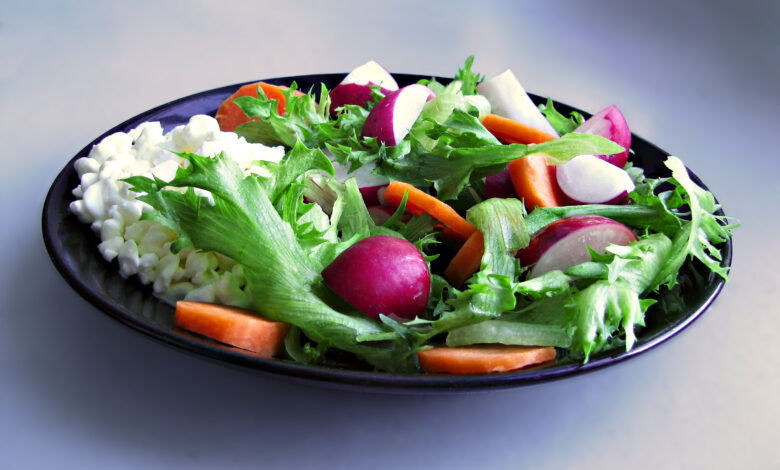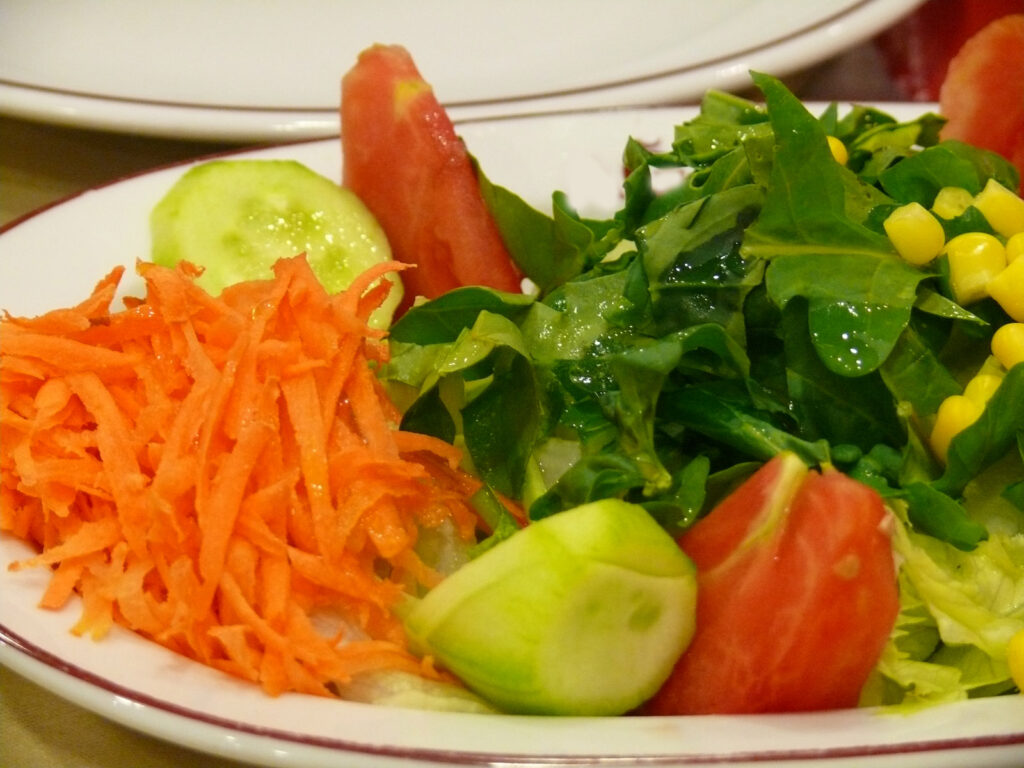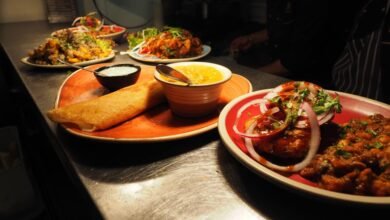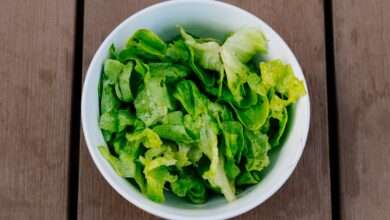
The vegetarian diet is a diet that excludes proteins of animal origin from the diet for ethical, environmental or even health reasons. Although there are several variants of vegetarianism, meat, fish, seafood and eggs are often banned in favor of vegetable proteins such as soybeans, legumes or cereals.
Characteristics of the vegetarian diet:
- Rich in fiber and micronutrients
- Importance of food combinations
- Protector against overweight and cardiovascular disease
- Different variants exist
- Rich in culinary discoveries and nutrients
The main principles of the diet
The vegetarian diet has been practiced for millennia, it was first called “vegetable diet” or “xerophagy”. Several ancient Greek philosophers were vegetarians . Because of his writings on the subject, Pythagoras is also considered the father of vegetarianism. Individuals who excluded meat from their diet have long been called “Pythagoreans”. Over the years, many other famous thinkers (like Leonardo da Vinci, Benjamin Franklin, Mahatma Gandhi and Albert Einstein) embraced vegetarianism. More recently, Brigitte Bardot, Aymeric Caron, Moby, Yoko Ono and Paul McCartney have publicly defended vegetarianism in their positions and events.
How does the vegetarian diet work?
Different reasons can lead to adopting a vegetarian diet, including:
- Prevention of certain diseases (cardiovascular disorders, diabetes, obesity, hypertension, osteoporosis, infections, constipation, cancer)
- Interest in animal welfare
- The environmental Protection
- Respect for religious precepts, in certain cases
In any case, the vegetarian diet consists in banishing animal flesh in favor of vegetable proteins.
Lacto-ovo vegetarian, vegan, pesco-vegetarian diet: what are the differences?
There are diets close to the vegetarian diet which have their specificities:
- The lacto-vegetarian diet, which consists of consuming dairy products but no eggs
- The lacto-ovo-vegetarian diet which allows you to consume dairy products and eggs, but no meat or fish
- The pesca-vegetarian diet, which consists of consuming fish, dairy products, and eggs but no meat
- The flexitarian diet, which consists of reducing your meat consumption most of the time
- The vegan diet, which excludes all foods of animal origin (including dairy products, eggs and honey)
Should you follow a vegetarian diet to lose weight?
It has been proven that people following a vegetarian diet have a lower than average BMI, this is supported by the fact that adopting a restrictive diet such as vegetarianism leads to a better balance of food intake and to consuming less food. from the food industry.
In addition, the vegetarian diet, by excluding meat, contributes to the fight against cardiovascular diseases, especially caused by the saturated fatty acids found in meat. Vegetarians generally have lower cholesterol levels than the omnivorous population due to this lack of fatty meat in their diet. If it is well practiced, the vegetarian diet is rich in fiber provided in particular by vegetables and whole grains, it thus helps to fight against constipation, diabetes and transit disorders.
It would also reduce the risk of prostate and colon cancer, thanks to an abundance of fruits and vegetables, a low fat intake and the absence of smoked, charred or nitrite-containing meats. Finally, the absence of meat would almost completely eliminate the risk of contracting infections related to bacteria or viruses present in it (H. pylori, Campylobacter, bovine spongiform encephalopathy, etc.). Salmonellosis on the other hand could still be contracted through the consumption of eggs.
How long does the vegetarian slimming diet last?
The vegetarian diet is one of the lifestyles often adopted throughout life. Whatever the reasons (ecological, ethical, health, etc.), it is therefore a diet that does not have a limited duration.
Allowed and prohibited foods
Vegetarian food includes all food categories excluding meat and fish, so we find starchy foods and cereals, fruits and vegetables, dairy products and eggs, fats, legumes and sweet products. .
Dietary program and menu for a balanced vegetarian diet
| Breakfast | Wholemeal bread Vegetable margarine or butter Orange jam Milk Coffee |
| Lunch | Cucumbers Coral lentil curry with coconut milk Basmati rice Cheese Banana |
| Snack | Apple Some almonds |
| Having dinner | 1/2 spiced avocado Potato omelet Roasted peppers Plain yogurt |

Advantages and disadvantages
The positives of the vegetarian diet
- Prevention of cardiovascular pathologies
- Good fiber intake
- Significant feeling of satiety
- Great dietary diversity
- Maintaining a healthy weight more easily
- Rich in culinary discoveries
The negative points of the vegetarian slimming diet
- Bad Omega-6/Omega-3 ratio
- Risk of iron deficiency if the diet is poorly conducted
- Requires cooking
- bridge
- Allergies (overview)
- Achluophobia : all about the fear of the dark
- At what age can you do bodybuilding?
- Fatigue in the morning: causes and remedies








